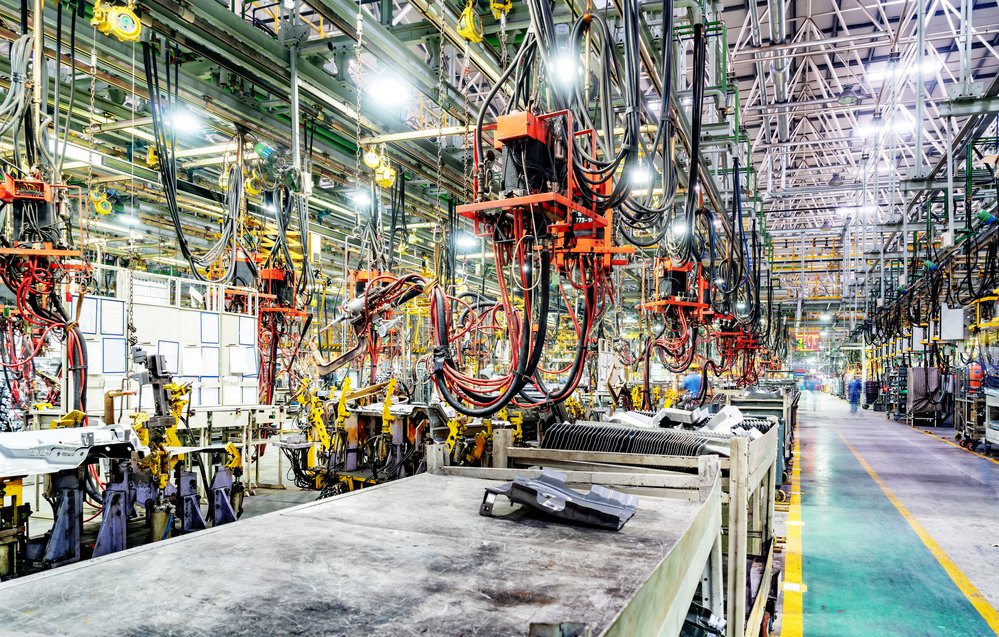
The global automotive industry is set for significant transformation this year, driven by key events from 2024, an industry report outlined.
According to Frost & Sullivan, automakers are navigating evolving market conditions, with strategic partnerships, electrification and new manufacturing hubs playing crucial roles in industry growth. The group’s latest analysis highlighted how automakers are collaborating more with each other, as well as technology firms and suppliers. These partnerships are advancing autonomous driving, connectivity, and electrification, shaping the future of the automotive market, it said.
The entry of Chinese original equipment manufacturers into established markets like North America and Europe is expected to intensify competition. This will push legacy automakers to accelerate innovation, reduce costs, and enhance adaptability.
“By 2030, the industry will witness an influx of brands leveraging expertise from the electronics and software sectors, driving the development of connected and autonomous vehicles,” Frost & Sullivan said.
EV production, battery innovations to drive growth
China’s dominance in EV production and battery technology is expected to continue over the next five to seven years, the report noted. The country controls critical raw materials and advanced battery manufacturing processes.
Joe Praveen, a growth expert at Frost & Sullivan, highlighted an increasing focus on solid-state batteries and efficiency improvements. These advancements will be crucial in reducing costs, increasing energy density and expanding global production capacity.
“In parallel, additive manufacturing (3D printing) will become an essential tool for automakers by 2030, enabling faster product development, mass customization and low-volume production,” he said. “By the end of the decade, digital twin technology will revolutionize automotive manufacturing, optimizing plant operations, quality control, and waste reduction.”
New production hubs, trends
As global supply chains evolve, automakers are diversifying production by establishing new manufacturing hubs. This push for regionalized production aims to mitigate geopolitical risks, reduce logistics costs and comply with evolving trade regulations.
Battery production is also scaling rapidly to meet the growing demand for EVs.
“The development of next-generation battery chemistries and localized supply chains will play a pivotal role in supporting EV adoption and ensuring sustainable mobility solutions,” the report said.
What to expect
The report highlighted that automakers face regulatory shifts, supply chain constraints and intensifying competition, recommending that innovation and strategic investments will be key to long-term success.
“Companies that leverage digital transformation, adopt emerging technologies, and forge strong partnerships will be best positioned to thrive in the evolving automotive landscape,” it said.



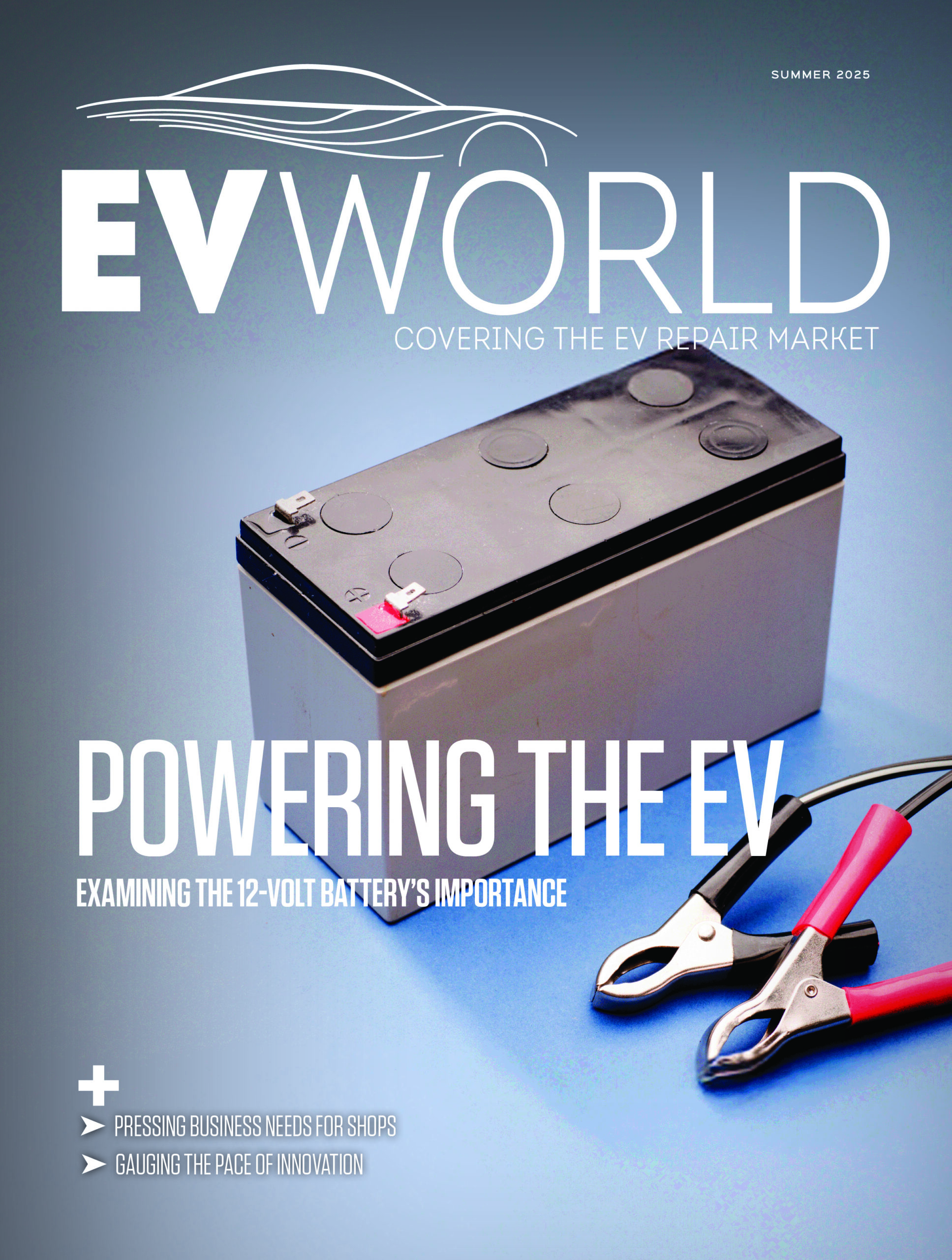

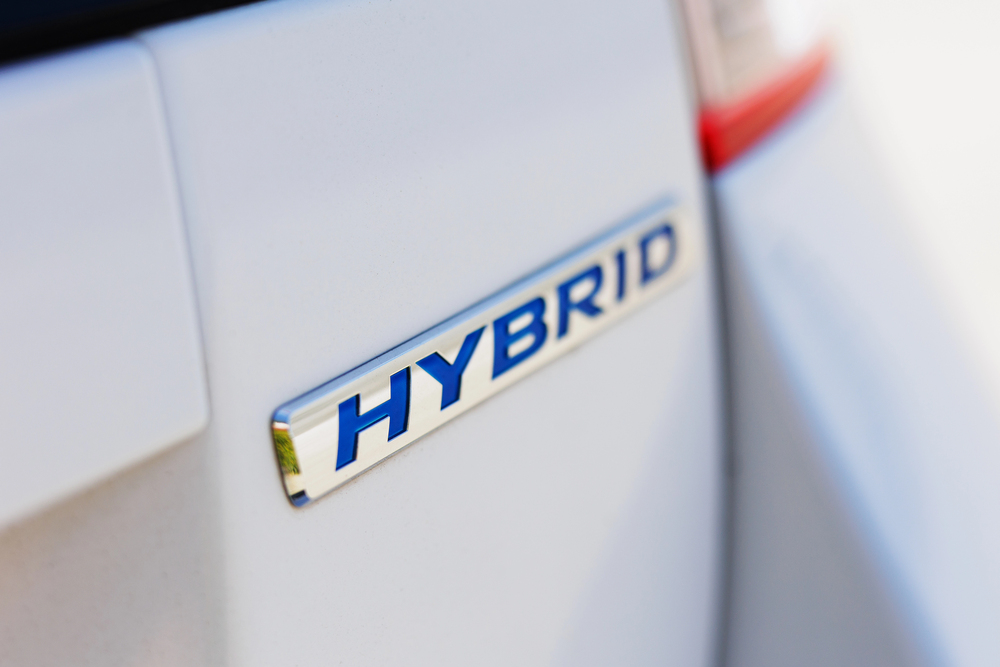

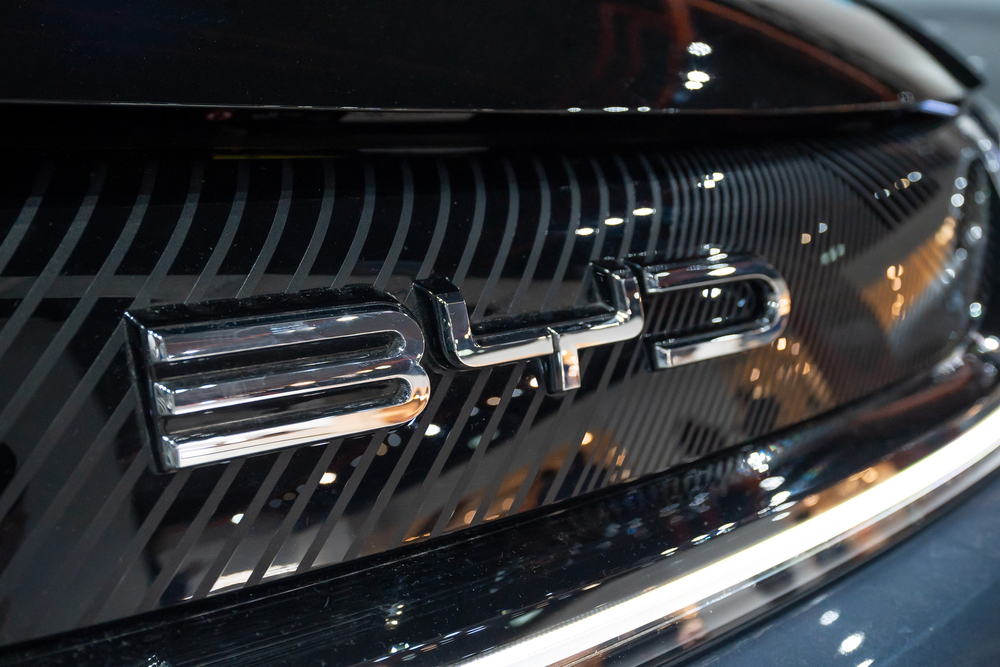

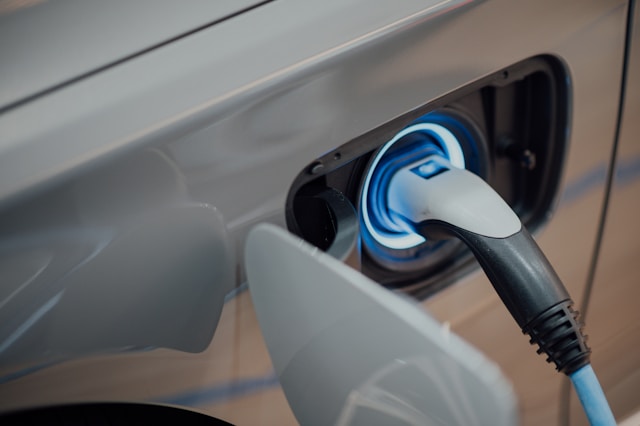
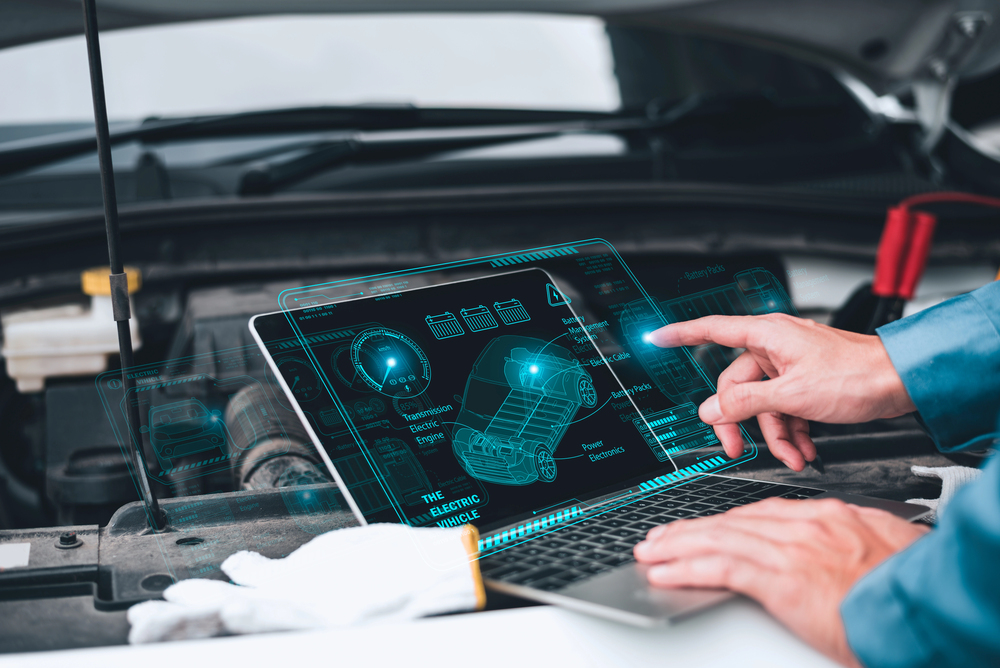

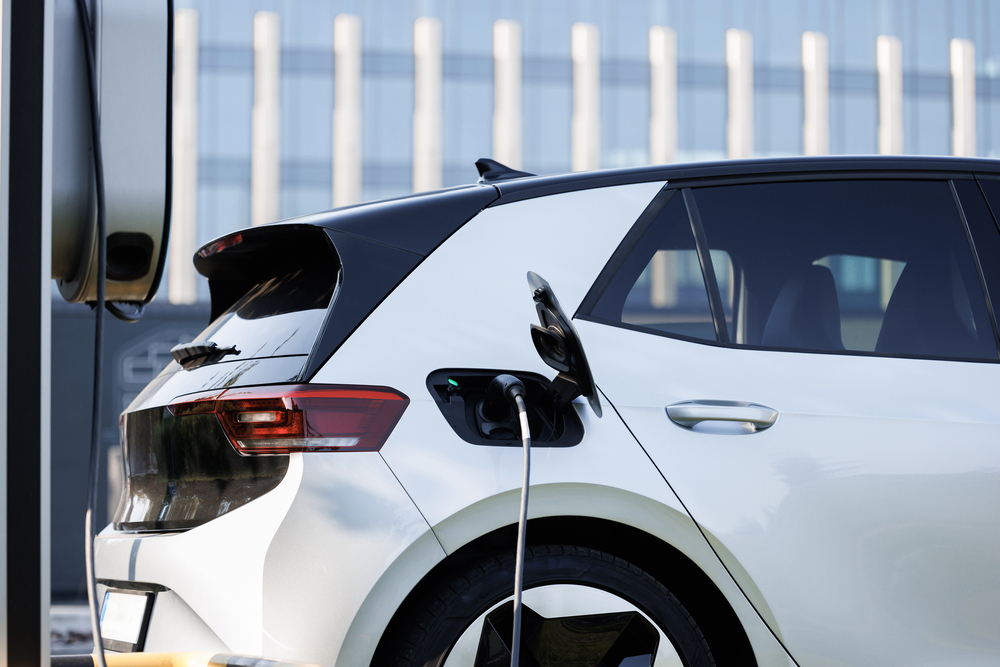
Leave a Reply